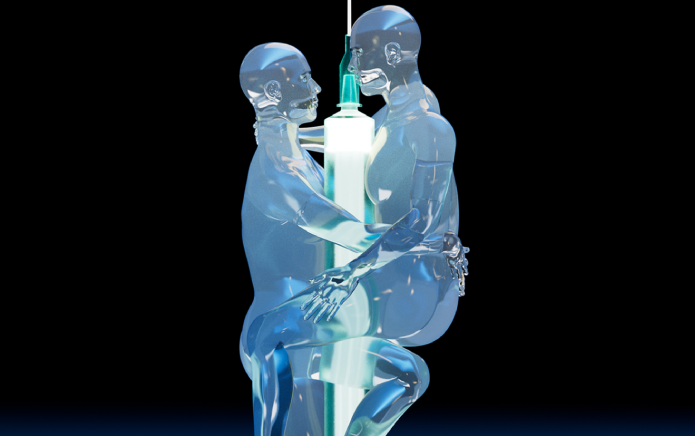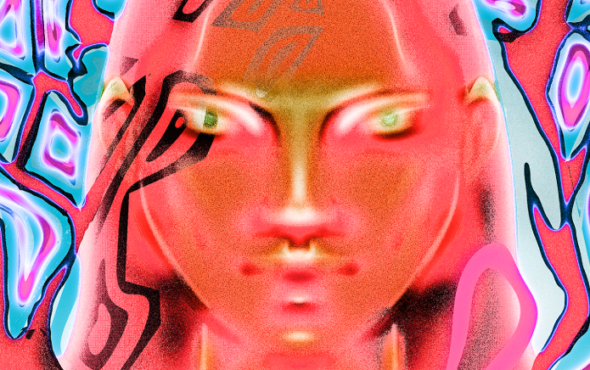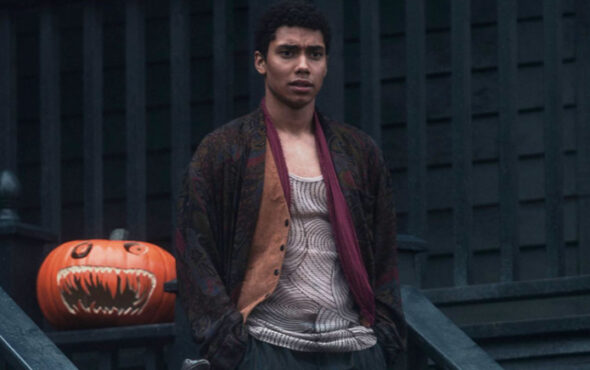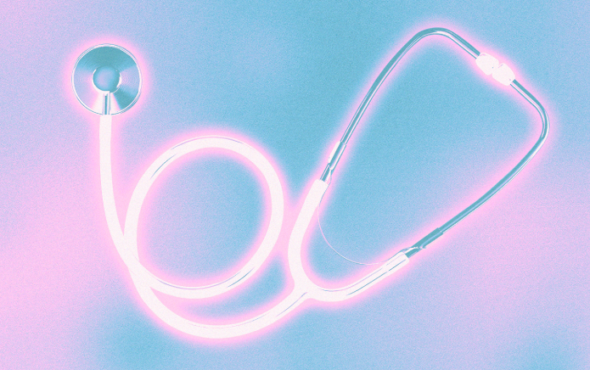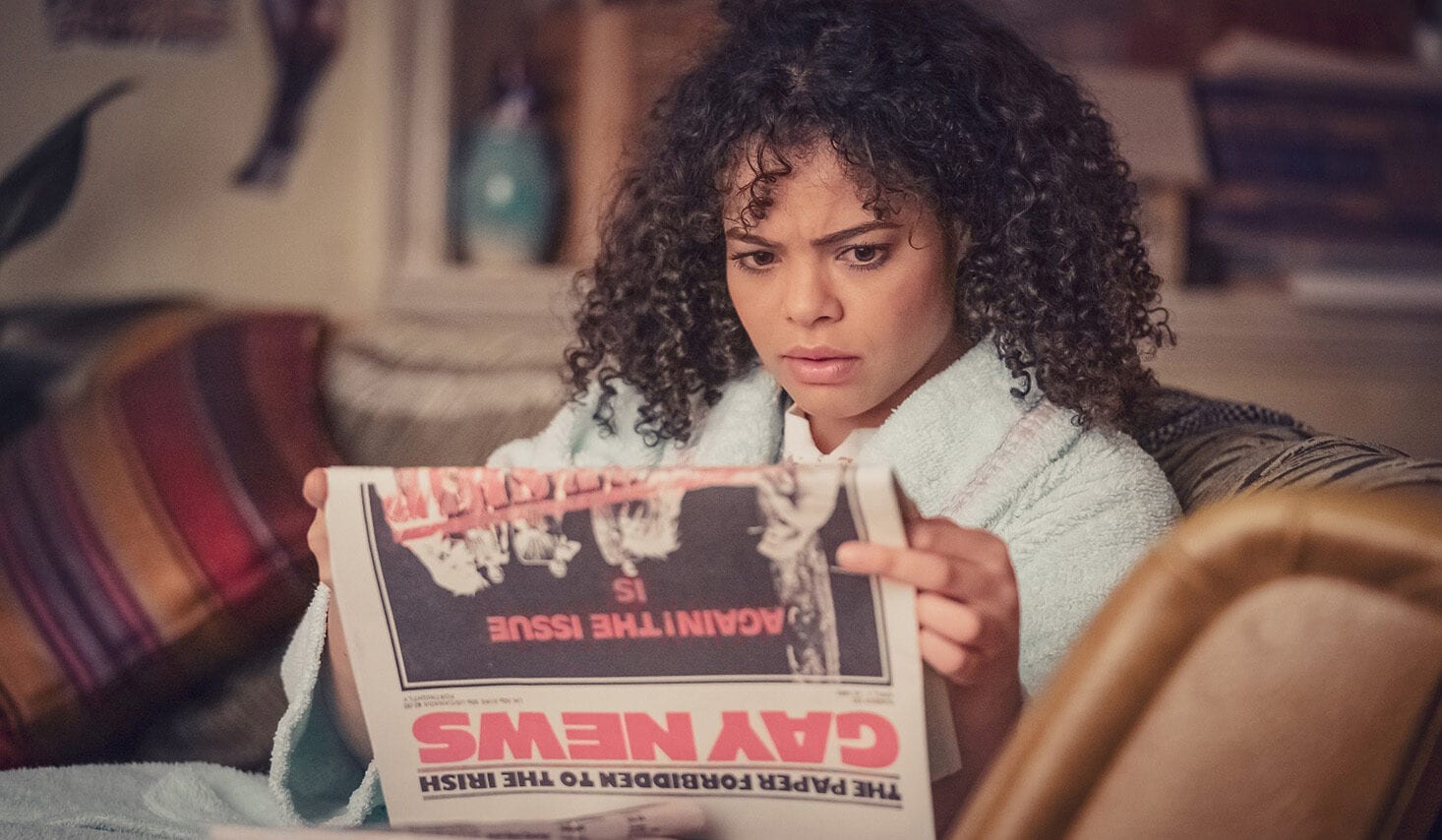
When I finally sat down to watch Russell T Davies’ It’s A Sin, the emotional 1980s AIDS drama that everyone was talking about, I was prepared to be moved. Everyone had told me to get the tissues ready, but I was not prepared for what followed.
Unbeknown to most, I have been living with HIV for over 10 years and so much has changed in the decade since my diagnosis – let alone since Ritchie (played by Olly Alexander) and the fictional gang first moved into the Pink Palace. I never considered the emotional toll and profound feelings of relatability to my own experience. In short, I really thought I could handle it. However, it was nothing of the sort. It made me question everything.
My HIV diagnosis filled me with fear when I first received the news at just 21 years old. At that time I thought it was a death sentence. I didn’t fear my own life – it was more the idea that my parents would watch their son die that I could not get from my mind. One detail I remember vividly was one of the nurses telling me, ‘Now, I just need to tell you about HIV and the Law…’ I can hear her in my mind, crystal clear. I felt like a dirty criminal; that if I ever had sex again I would end up in prison for reckless transmission. Crippled by my newly-diagnosed status, I was left to educate myself about the advances in treatment. In doing so I found out that PEP (Post Exposure Prophylaxis) was available at the time and could have saved my diagnosis.
View this post on Instagram
PEP is a course of anti-HIV drugs which may stop the virus taking hold if you’ve been exposed. At the time, I was advised against starting medication immediately and proceeded into my final year of university, developing frequent colds, Shingles and Bell’s Palsy – complications of living with a high, untreated viral load. All of this was mentally straining, and made worse because I said nothing to nobody. I was living in shame – and in secret.
It’s A Sin revealed a hidden truth that the AIDS epidemic occupies such little space in the recollections of people who had lived through it (my parents’ generation). Yet we are living through a viral crisis now, and it’s all anyone talks about. Why did no one talk about it then? Why does no one talk about it now? It made me question if my own diagnosis could have been avoided had we had LGBTQ+ inclusive sex education that properly covered HIV awareness as part of the school curriculum. It made me ask why I had not talked about my status to more than a handful of people in all these years. The way the world is dealing with COVID-19 right now is in stark contrast to the way the AIDS crisis was dealt with, and continues to be dealt with today.
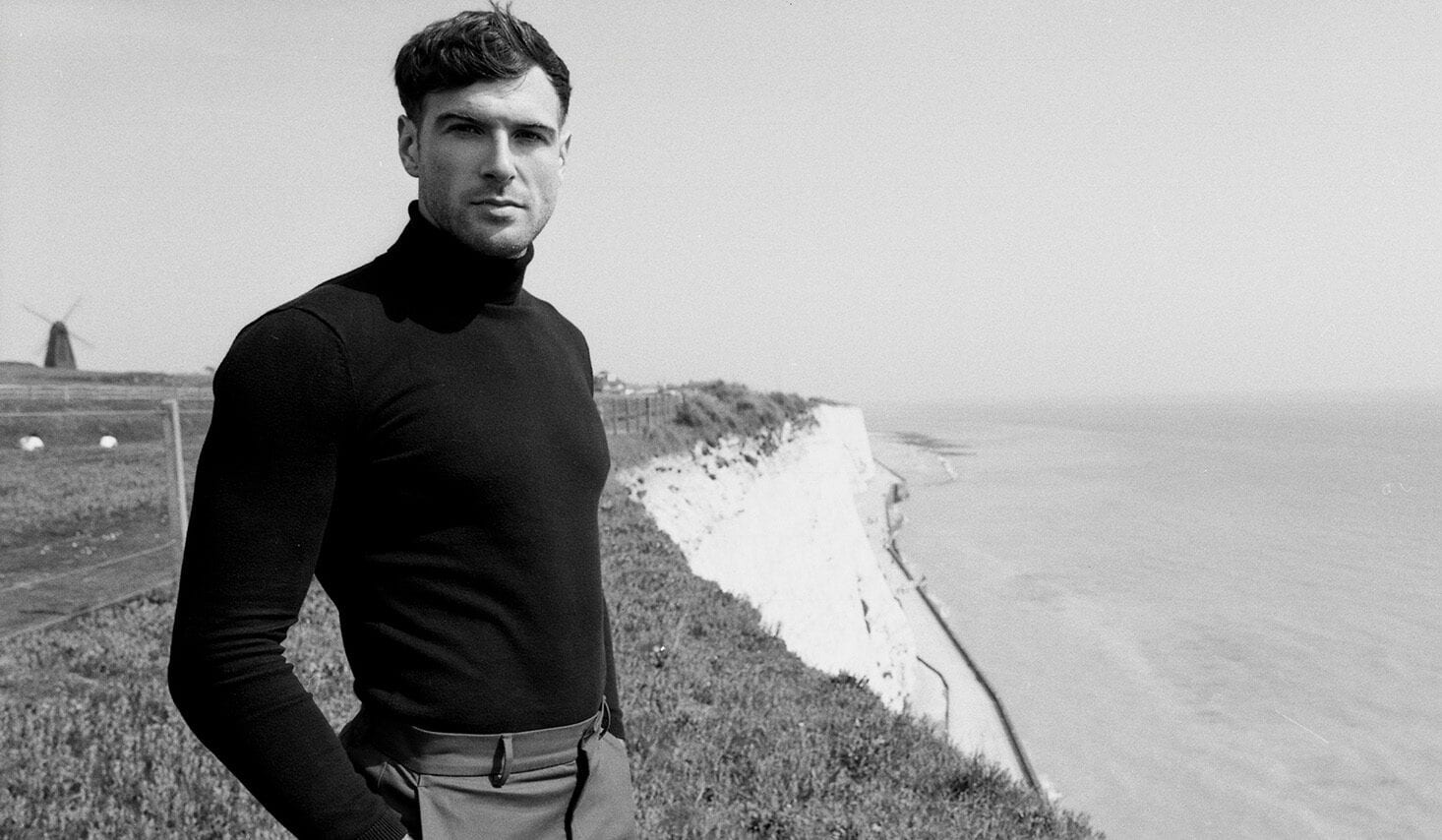
It’s A Sin has succeeded in putting HIV back into the conversation and highlights that this is a history lesson that is rarely told. It, however, has only started a conversation about the progress in medical treatment from then to now. Not only does my daily pill keep me healthy and my quality of life exactly the same as my HIV-negative peers, it means I am undetectable and cannot pass on the virus. We cannot tell people that enough: people on effective treatment cannot pass on HIV through sex or pregnancy.
When the show’s fictional character Jill (Lydia West) delivered her beautiful speech about HIV and shame, it really struck a chord. She talks about the men who grow up in a homophobic world burdened their whole life by the weight of being gay. HIV, they believe, is their ‘just reward’ and it confirms the shame that many gay men have harboured for years. This was me in 2011, and even in 2021. Although I am accepting of my status, I was still keeping it to myself. I realised I was propagating the homophobic narrative that this should be a secret. Even though we are freed from the physical suffering of the illness, the gay shame and shame of a positive status still exists. The fear and stigma is almost as alive today as it was in the 80s – and it’s homophobia that is to blame.
In fact, to put it in COVID terms, homophobia was the super-spreader of HIV in the 80s, 90s, 00s, in 2011 when I was diagnosed, and still is today. Homophobia is why governments wouldn’t act, why funding wasn’t immediately put into HIV/AIDS research and why straight people don’t feel the need to get tested (even though 45% of people living with HIV in the UK are heterosexual). Homophobia is why there is an extreme lack of education on HIV, why young gay people are told to fear the sex they enjoy, and why there is shame associated with being HIV positive.
Jill’s speech was transformational for me. It made me talk openly about my secret for the first time in 10 years. She allowed me to take the stigma, fed by my own inner-homophobe, and dispel it in front of as many people as possible. The Instagram Live conversation with my friend Connor Minney was my chance to talk, and show people that while HIV is not a death sentence anymore, it does not decrease the need to fight against the stigma. To win that fight we have to speak out and continue to fight the injustice of hate towards the LGBTQ+ community. That was true in the days of It’s A Sin, and it is just as true now.
Click here to find out more about Terrence Higgins Trust’s Can’t Pass It On campaign
